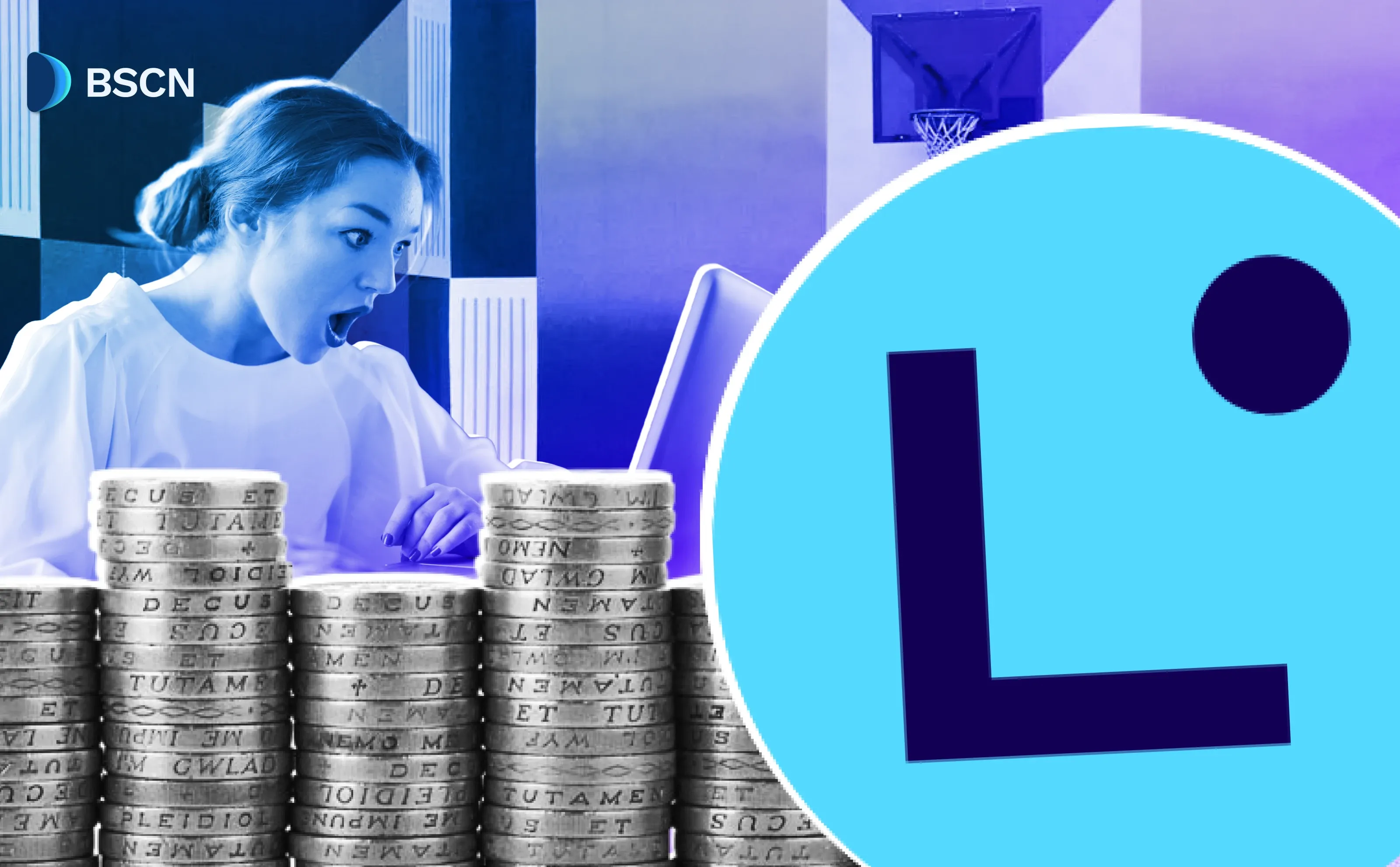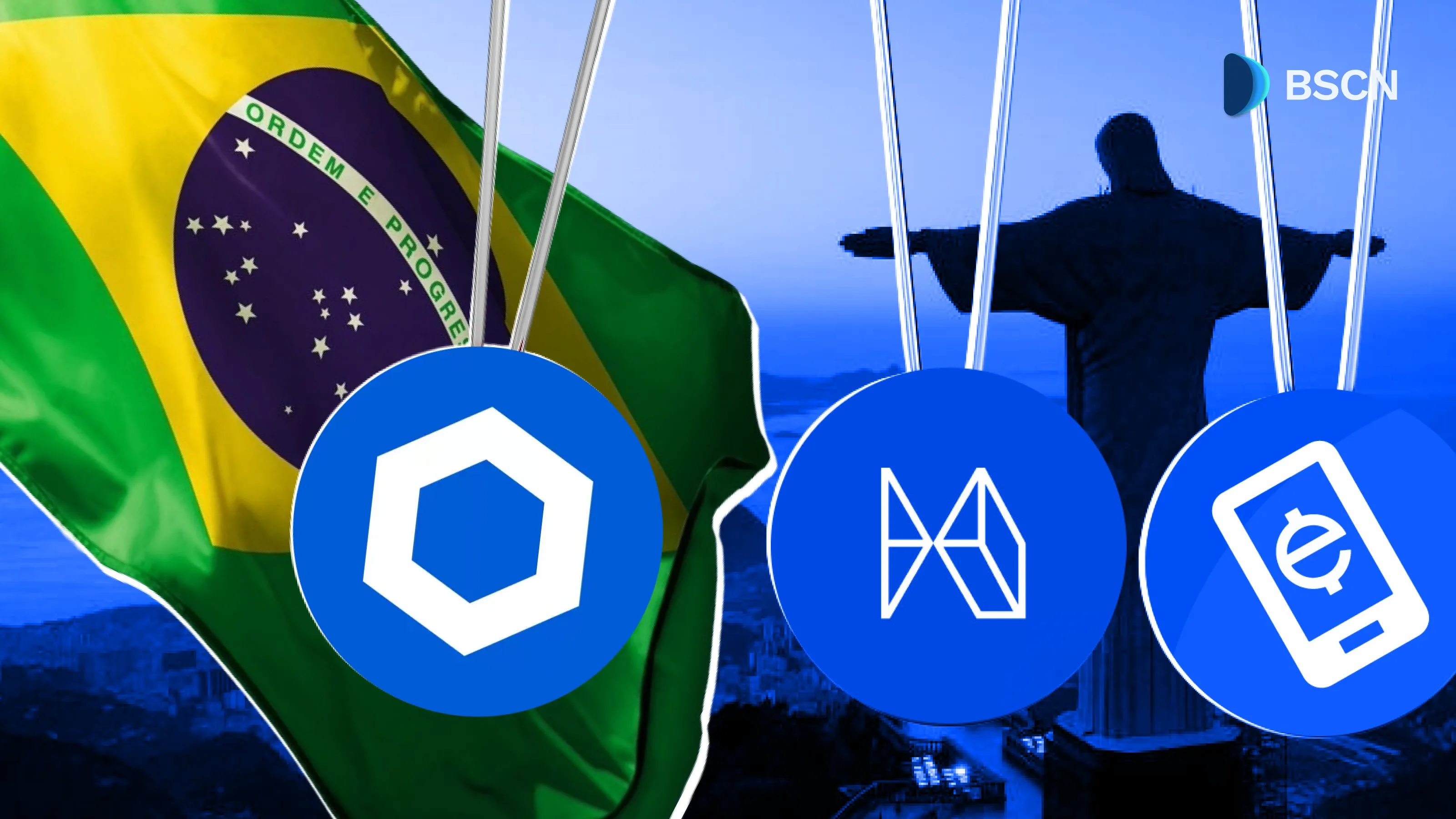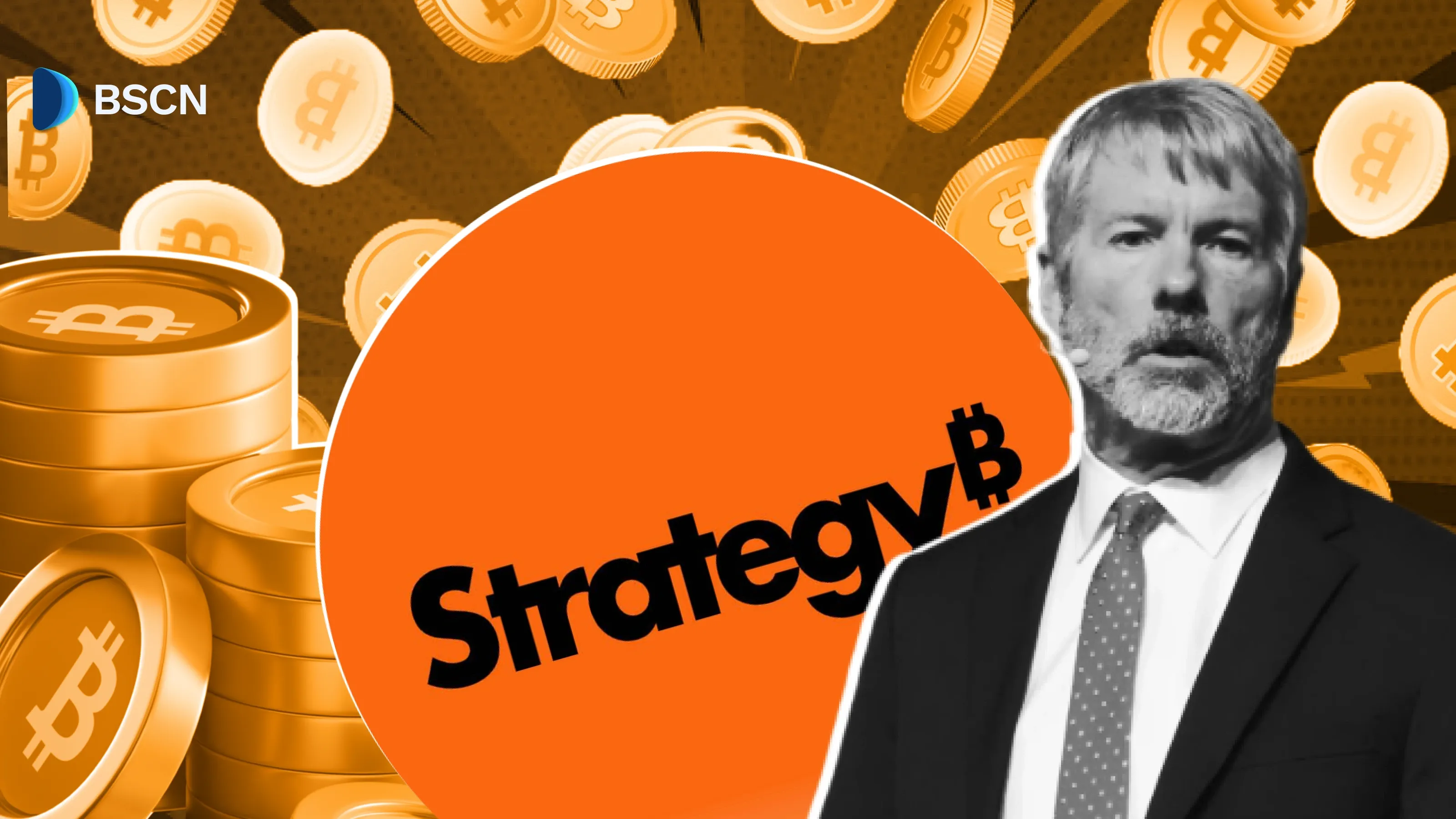BTC
Exploring BRC-20: BitX Emerges Amid Rising Demand for DEX

As the demand for BRC-20 tokens continues to surge, BitX, a decentralized exchange, has been designed specifically to facilitate BRC-20 trading using API routers.
BSCN
May 22, 2023
BRC-20 Continues to Rise
BRC-20, the token standard on Bitcoin has continued to emerge strongly as one of the latest trends in the decentralized finance ecosystem. The new trend has leveraged on the recent memecoin rally led by PEPE, as majority of the BRC-20 tokens are currently memecoins.
BRC-20 serves as an experimental token standard on the Bitcoin blockchain, taking inspiration from Ethereum's ERC-20. It enables programmers to create and transfer fungible tokens using the Ordinals protocol. However, despite its resemblance to ERC-20, BRC-20 differs in fundamental ways. Unlike its Ethereum-based counterpart, BRC-20 tokens do not rely on smart contracts. Additionally, the minting and trading of these tokens require a Bitcoin wallet.
As of writing, BRC-20 tokens sit at a market capitalization of $512,463,476, with about $207,488,332 in trading volume in the last 24 hours.
How BRC-20 Tokens Emerged
Following the launch of the Bitcoin Ordinals protocol by Casey in January 2023, which allowed for the inscription of Non-Fungible Tokens (NFT) on satoshis (sats), there has been a growing interest in the possibility of creating fungible tokens on the Bitcoin network. In March 2023, a programmer known as Domo created the BRC-20 token standards, enabling the minting of fungible tokens on Bitcoin. “Ordi” was the first token to be deployed using these standards. Bitcoin wallets quickly implemented tools to support BRC-20 tokens. Subsequently, several other BRC-20 tokens, including many meme tokens, were launched in the following months. As of May 2023, certain BRC-20 tokens have witnessed substantial price increases, attaining significant market capitalization. The high demand for BRC-20 tokens has led to a surge in Bitcoin transaction fees and significant network congestion on the Bitcoin blockchain.
How BRC-20 and ERC-20 Token Standards Differ
Despite their similar names, BRC-20 and ERC-20 tokens are fundamentally different. BRC-20 tokens operate on the Bitcoin network, while ERC-20 is the standard token on the Ethereum network. The most significant distinction between the two lies in their underlying mechanisms. BRC-20 tokens utilize the Proof of Work (PoW) mechanism, whereas ERC-20 tokens employ the Proof of Stake (PoS) mechanism.
The primary dissimilarity arises from the EVM (Ethereum Virtual Machine) compatibility. BRC-20 tokens lack support for smart contracts, limiting their functionality to simple token transfers on the blockchain. Conversely, ERC-20 tokens can interact with various protocols and applications, allowing for a wide range of services such as borrowing and lending.
Another crucial aspect to consider is the maturity and stability of the token standards. ERC-20 tokens have been around since 2015 and gained official recognition in 2017. They have undergone extensive testing and have proven to function reliably. In contrast, BRC-20 tokens are relatively new and their future is uncertain.
Demand for BRC-20 DEX: BitX
The rise of the BRC-20 ecosystem has, however, generated a large amount of demand for BRC-20 DEX that allows users to swap BRC20 tokens easily, and BitX is well-postioned to become a leader in this sector.
What is BitX:
BitX is a decentralized exchange (DEX) designed specifically for trading Bitcoin Request for Comment (BRC) 20 tokens. This non-custodial DEX operates on the Bitcoin blockchain and is widely regarded as the most reliable exchange for trading BRC-20 tokens.
BitX utilizes an API router to facilitate transfers for traders. The API script is decentralized, ensuring that neither the deployer nor the wallet owner holds any control or power over it. This approach ensures transparency and eliminates potential manipulation.
Given the nature of Bitcoin Ordinals, there are no contracts that operate based on code (similar to Uniswap, for example). Therefore, the only viable method to enable trading of BRC20 tokens is through an API. While using an API has its advantages and disadvantages, it is currently the only feasible option.

Although BitX has sufficient initial liquidity for its launch, it is crucial to attract liquidity providers for long-term sustainability. Liquidity providers on BitX earn 70% of the trading fees, which amounts to 1% per trade.
The API wallet autonomously handles all trades based on pre-defined code, incorporating safety measures and multiple confirmations for every trade to prevent potential bugs and fund losses.
The emergence of BRC-20 tokens on the Bitcoin blockchain has sparked a significant demand for decentralized exchanges (DEX) that support their trading. BitX has positioned itself as a leading DEX in this sector, offering a reliable platform for trading BRC-20 tokens. By utilizing an API router and ensuring transparency through decentralization, BitX provides a secure and efficient trading experience for users. As the demand for BRC-20 tokens continues to rise, BitX aims to attract liquidity providers for long-term sustainability and meet the evolving needs of the BRC-20 ecosystem.
Catch up with BitX and its developments via the following links:
Latest News
Crypto Project & Token Reviews
Project & Token Reviews
Comprehensive reviews of crypto's most interesting projects and assets
Learn about the hottest projects & tokens
Latest Crypto News
Get up to date with the latest crypto news stories and events







